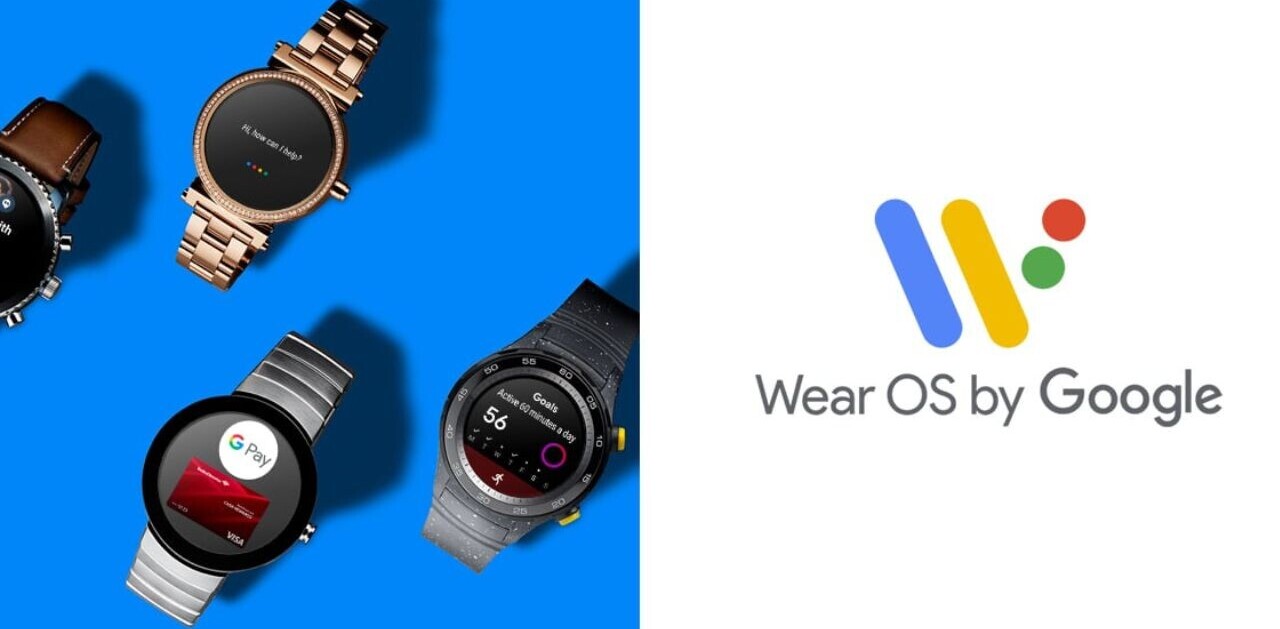
Google has integrated its “OK Google” hands-free voice search into Chromium. The new feature was added just two months after it first arrived as a beta extension for Chrome.
The addition was first noted by developer and Google open-source Chromium evangelist François Beaufort. He points to a Chromium code review with the following short description:
[Hotword] Putting preferences under search for hotword service. Putting behind a flag. In order to test/see the new settings run chrome with “–force-fieldtrials=VoiceTrigger/abc/
Even after the flag is flipped, the feature must be then enabled in the Chrome Search Settings. Google also includes two more options: allow in incognito and stop listening for “OK Google” after five minutes to reduce battery consumption.
The feature, which first arrived as a beta Chrome extension in November, is completely hands-free on the desktop, just like on Android 4.4, with one exception: you have to already be on Google.com before you can just say “OK Google” and ask your question. If the hotword is integrated into Chrome directly, it’s possible it will be listening at all times, unless of course you have it disabled or tell it to stop after five minutes.
Unsurprisingly, the feature comes with a warning:
Important: if you enable this feature, Chrome will listen for you to say “OK Google” and then send the sound of the next thing you say, plus a few seconds, to Google.”
In other words, Google is very much aware this feature will cause quite a bit of concern from users who don’t want the company “listening in on them.” Presumably, this feature will stay opt-in, meaning you have to explicitly enable it before you can use it.
Chromium is the open source Web browser project that shares much of the same code as Google Chrome, and new features are often added there first. Assuming Google finds users aren’t too worried about such a feature, it’s likely we’ll see “OK Google” appear in Chrome Canary next, either with or without a flag, followed by dev, beta, and finally stable builds sometime later this year.
Top Image Credit: Johannes Eisele/Getty Images
Get the TNW newsletter
Get the most important tech news in your inbox each week.






